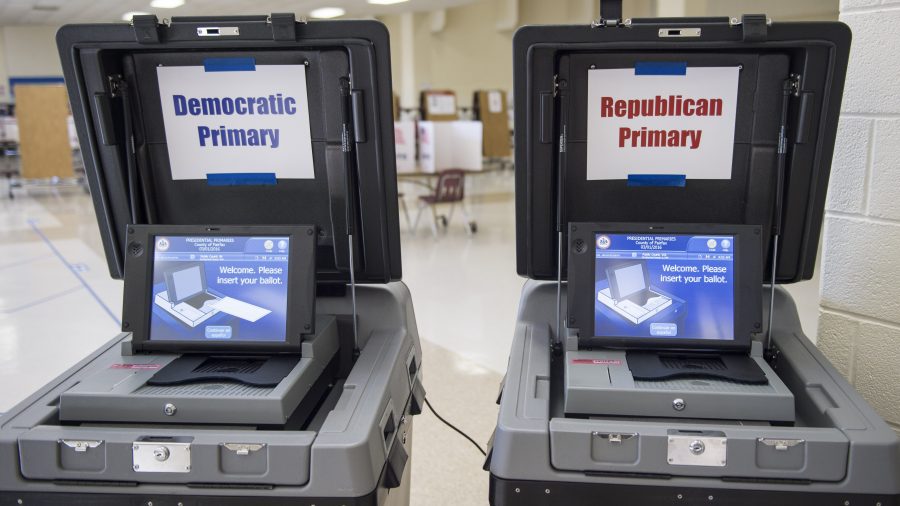Tech platforms, on the hook to clean up political advertising, take different approaches

This week, we’ve been talking with Marketplace reporters about what we should expect in tech in 2020. Today, we’re taking a look at one major thing happening in 2020: the U.S. presidential election.
It’s no secret that there was a boom in social media misinformation campaigns during the 2016 election, with the goal of influencing how we vote and who we vote for. Tech platforms are in the spotlight on the subject of digital political ads, targeted ads, and the security of our election.
I spoke with Marketplace’s Kimberly Adams, who reports on money and politics from our D.C. bureau, and I asked her to remind us how the biggest tech companies are dealing with political ads. The following is an edited transcript of our conversation.
Kimberly Adams: Because of all the pushback against Big Tech, there’s a growing pressure for Google and Facebook and Twitter to not allow campaigns to use this data to hyper-target political advertisements, especially from campaigns. That’s why you see Twitter saying it’s just not even going to get in that game. Google is saying it’s not going to allow political campaigns to use hyper-targeting of that data. Facebook is still trying to figure out what it’s going to do.
Molly Wood: What’s interesting, I think, is that we’re having a lot of criticism of social media around these ideas of the bubbles, where you can have a completely different experience online from the person sitting next to you. Campaigns still find this incredibly valuable, right? I mean, it works.
Adams: Incredibly valuable and incredibly cost effective. Not only are you able to reach that targeted demographic that you really need to swing to get into your camp but, on the other hand, you only have to pay to advertise to that group. When Google came out with its decision on not allowing campaigns to use voter data to target ads, a lot of Democratic campaigns came out swinging against this, because it basically means that every campaign is going to have to fight in these online ad auctions for the same pots of people in order to get it, and they’re going to be up against campaigns that are much better funded.
Wood: There’s this talk about how social media platforms should handle political advertising, whether they should limit targeting, or get rid of it altogether. But what about the argument that limiting this advertising really only benefits incumbents or candidates with a lot of money?
Adams: That’s an argument that we’re definitely hearing from a lot of groups, especially these Democratic groups that promote grassroots campaigns. They’re saying that if they can’t use that data, and have to compete on this advertising auction marketplace to get the eyeballs of x number of people right along with anyone else, they’re always going to lose. Because if you’re the campaign of President Trump and you have more money than all the Democrats combined and you want the eyeballs of three million people in Missouri, and you’re the campaign of Molly Wood, independent for president in California, and you want those same million eyeballs, you’re not gonna win.
The future of this podcast starts with you.
Every day, the “Marketplace Tech” team demystifies the digital economy with stories that explore more than just Big Tech. We’re committed to covering topics that matter to you and the world around us, diving deep into how technology intersects with climate change, inequity, and disinformation.
As part of a nonprofit newsroom, we’re counting on listeners like you to keep this public service paywall-free and available to all.
Support “Marketplace Tech” in any amount today and become a partner in our mission.













